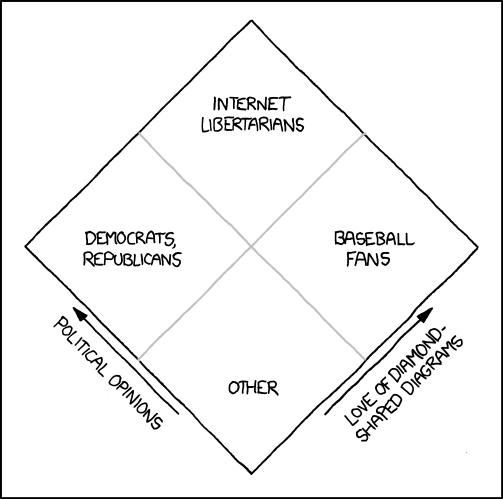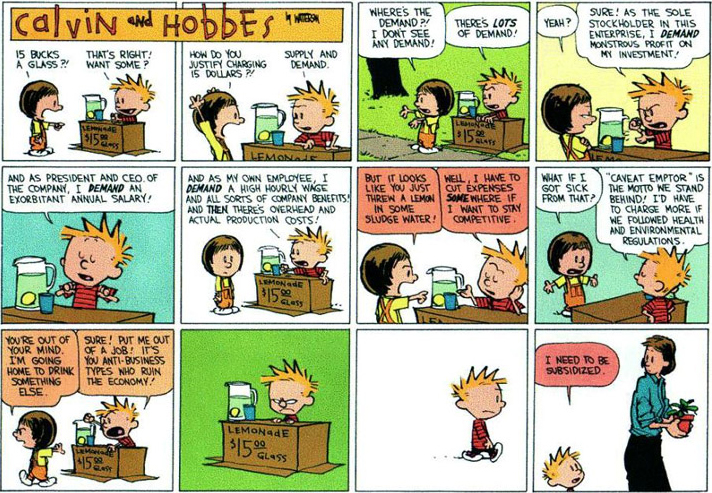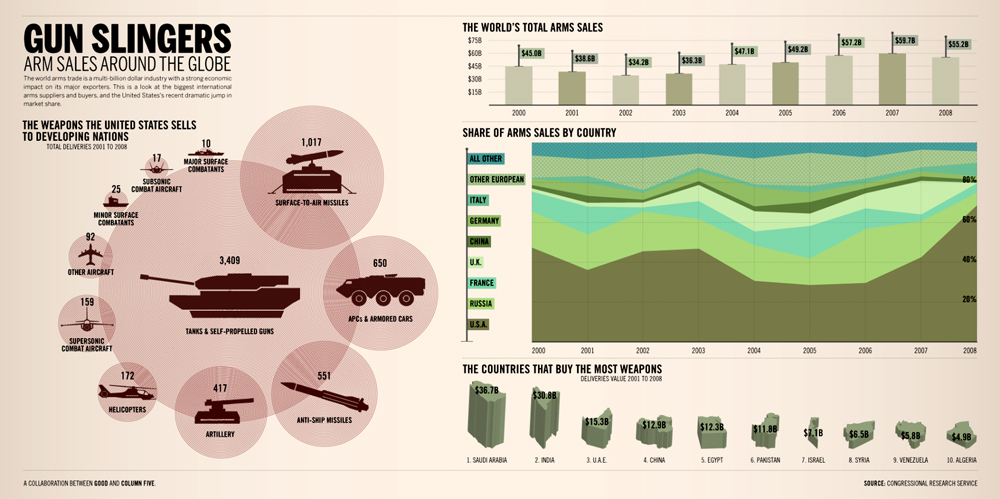For a couple years, I was a Libertarian. Then, I had trouble justifying my personal philosophies with Libertarian principles.
Treat others as you want to be treated.
The Golden Rule is the main thing that deflates much of Libertarian social philosophy. If I am successful and my friend is not, a Libertarian would ignore his plight because he deserved it for failing. He will have to struggle to earn his success the same way I did. That may be the right thing to do for some people, but not me. I would try to help him become successful because that is what I would want him to do for me if the situation were reversed.

This would apply to things like Unemployment Benefits, Universal Healthcare, and Social Welfare. Libertarians oppose all of these things because they require us to burden to haves with the expenses of the have-nots. While it’s true that several people manipulate the system to cheat social services, those people aren’t reason enough to neglect the millions of people that need those services. No system of government will ever be completely cheater/lawyer-proof.
Capitalism in general is a counter-intuitive system when considering The Golden Rule. Sure, Capitalism makes it so everyone is motivated to push themselves as high up the hill as they can, which is a wonderful thing, but it also creates motivation for us to trip and push the others around us down to keep our higher positions.
In the film industry, it is common practice for big studios to buy out screenplays and productions that are competing with their current productions (Link see #3). The automotive industry is notorious for dragging their feet with alternative fueled vehicles. The Healthcare industry makes more money from sick people than healthy people. Capitalists consider these successes, but I consider this suppression of art, innovation, and public health.

The Market will not solve all of our problems. That isn’t to say that The Market is a bad thing, or that it can’t solve some problems. The banking system might have been torn up a bit, but the American consumer would be better off today if we didn’t bail them out and let the magical market’s wrath do its job. Thousands of homeless families would still be in their homes today. The Market has its place, and it should not be interfered with in those areas. It does not have a place in our fundamental rights.
Fundamental Rights of Every American Citizen
Food, Clothing, and Shelter
We have empty houses. We have food surpluses. We need the only homeless people in our country to be the ones that choose to be (mental illness). No one should go to sleep hungry. Food Stamps and Public Housing are great programs, but they aren’t enough. Even eating only ramen and tap water, I still went to bed hungry a few nights a month when I was unemployed and going to school.
When an American hits “rock bottom” they need help to get back up. Through social programs, we should do our very best to make sure rock bottom is not inescapable. The minimum quality of life in our country should be a crappy apartment, cabinets stocked with crappy food, a closet with a couple crappy clothes in it, and a crappy minimum wage job. It should not be homeless, starving, naked, and hopeless.

Proper Education
No one, including a child’s parents, have the right to exclude any child from a proper scientific education. If they want to learn about the Flying Spaghetti Monster, they can do it at home or in their elective “World Religions” class. Children have no rights in today’s society, but most of human development happens before we reach 18. Children are not property. You can’t raise your kid any way you want. You have to give them the best chance to pursue their own happiness in this world, and that includes a realistic education in a social environment.
Any democracy that [supposedly] relies on elections to select leaders, has an inherent obligation to educate the citizenry properly. This means any High School graduate should have taken Critical Thinking, American Politics, American History, Foreign/Domestic Policy, and Sociology classes before reaching voting age. I can’t stress Critical Thinking courses enough. I took two of those courses in college and was shocked at how many 20-somethings in college held onto concepts their parents and friends told them without evidence or even logical consideration. Everyone should be taught to question everything, and never believe anything without seeing evidence of it for yourself.
Education reform needs far more than just accessibility of course, but that’s a whole other blog article. For now, check out this TED video that talks about using Games to teach extremely complex concepts.
Every American household should have unrestricted broadband internet access. Nationalize it if you have to. It just needs to happen to make sure we truly leave no child behind. While the internet may be rife with misinformation, so is television, radio, and every other form of communication in existence. At least the internet tends to let the truth float to the top (or at least become accessible) better than the other mediums.
Curative and Preventative Care
If we want a healthy society, we have to actively promote health all over. We can’t continue to airbrush six pack abs on magazine covers with one hand while we subsidize fast food, sugar, and industrial farming with the other. We need to make a real commitment to change. The FDA needs to be ripped apart and re-defined with all new leadership. We can either have a country where the super-corporations profit from the death of average citizens, or we can have a country where they find new ways to profit from a healthy population.
In Japan, everyone pays their doctor a monthly fee as long as they are healthy. If they’re sick, the doctor gets nothing. This is the way you place incentives for good health. Our current system would need a huge overhaul to make something like this work, but that’s what is needed when something is as broken as our healthcare system is. We pay our health insurance, sick or healthy. We pay our doctors and buy medicine only when we’re sick. There is no incentive to make people healthy or prevent illness or suffering.

There are some terrible decisions that will need to be made if and when we decide to go full-on universal. How long do we continue to keep a brain-dead patient alive? At what point is it best to provide a comfortable death over a prolonged life? Do we cover abortions and assisted suicide? We need to make these decisions with courage in order to compassionately care for everyone else.
Those of you followed my older healthcare posts will recognize what huge turnaround this is to my previous policy ideas. I guess what it came down to was I decided instead of focusing on making it fair, let’s focus on making it humane. Instead of focusing on quality, let’s focus on accessibility, then work on improving quality afterward. We still need to knock healthcare corporations down several pegs economically first, of course.
Freedom To Produce For Themselves
No American should need permits or licenses to grow their own food or medicine. As long as your production does not negatively affect your neighbors, it is no one else’s business. This includes everything from parsley to marijuana, and carrots to psychedelic mushrooms.
The government has the right to advise us on healthy practices, but has no right to tell us what we can and cannot knowingly put into our own bodies. If we decide to smoke cigarettes, we damn sure better know what they do to our health.
What We Have To Lose
 For full-size graphic, click here.
For full-size graphic, click here.
Yes, it’s expensive. Yes, it requires those of us that have to give more. As a former Libertarian, it hurts me to say that we should legislate compassion, but the much sadder thing is the need to do so. The Market has not taken care of the sick, poor, old, and uneducated. Time to change strategies.
If we really don’t want to spend any more money on this, we must then take into account what we apparently ARE okay with spending the money on instead. We spent over 687 BILLION dollars ($2,216 per man, woman, and child) on the military in 2009. We are considering spending 42 BILLION dollars ($135.48 per man, woman, and child) on tax cuts for the wealthy. Meanwhile, we can’t spend 50,000 to house a homeless family? We can’t spend an extra $100 to give someone enough food to last a month and maybe get some veggies and meat in their diet too?
We don’t care what it costs for us to go to war. We’ll just borrow whatever we need to make it happen. Why do we suddenly get stingy when trying to give money to our own citizens? I would much rather put the MORE THAN — Keep in mind, children and other people included in that equation don’t pay taxes — $2,216 per year of my taxes on helping ourselves, instead of hurting others.
I can proudly live in a country like this. I can be happy every time I pay my taxes, knowing that I’m doing right by humanity, not sending half my paycheck to corporate interests, unnecessary wars, and tax cuts for the rich greedy.
Related Links:
-
Netflix: The Corporation
Documentary about how Corporations work, and how they’ve grown in power.
-
Netflix: Frontline: The Card Game
Documentary about banks that knowingly take advantage of even their poorest customers.
-
Netflix: American Drug War: The Last White Hope
Documentary about Marijuana Prohibition.
-
Netflix: Beer Wars
Documentary about micro breweries and their struggle against the Budweisers of the world.
-
Netflix: Visioneers
Dark comedy that takes place in a near-future corporate dystopia.
Where to Support These Concepts:
- The Case for Universal healthcare in the United States
- Nationalized Broadband: Good or Bad?
- Mashable: A Final Look at Presidential Technology Policy
- Brookings: Food Stamps and Welfare Reform
- The Peace Alliance
- Dennis Kucinich
I can’t find a lobbying organization or other group that supports public education reform the way that I do. If anyone knows of a good one, please let me know.
Epilogue: I’m Not Entirely Gone
I still believe in personal liberty. I still believe in all of the same social issues (Pro-Choice, Pro-Suicide, Separate Church and State, etc.). I just no longer identify myself as a Libertarian, instead choosing “Moderate” or “Independent” as labels of choice. I still love Ron Paul, Ralph Nader, and Judge Andrew Napolitano. I just love Dennis Kucinich a little bit more.
The government is not inherently bad. The government is only as bad as we make it. Giving the government control over taking care of our least fortunate citizens is supposed to be a combined effort of everyone that lives here. We as American citizens are the ones who must hold them accountable. If the government fails, we failed. The two are not separate unless we allow them to be.
Facebook Conversations:
-
Note: An Excellent Explanation
A Copy/paste of a very poignant Reddit comment I found. The ensuing conversation in comments is interesting.
-
Link: Tax The Super Rich Now or Face Revolution
An article on MarketWatch sparks controversy.
